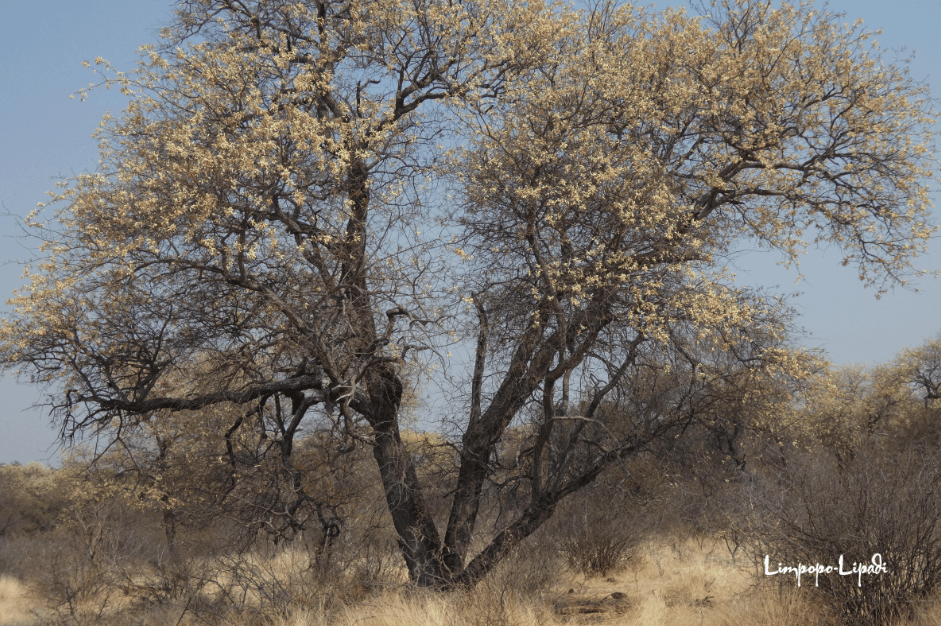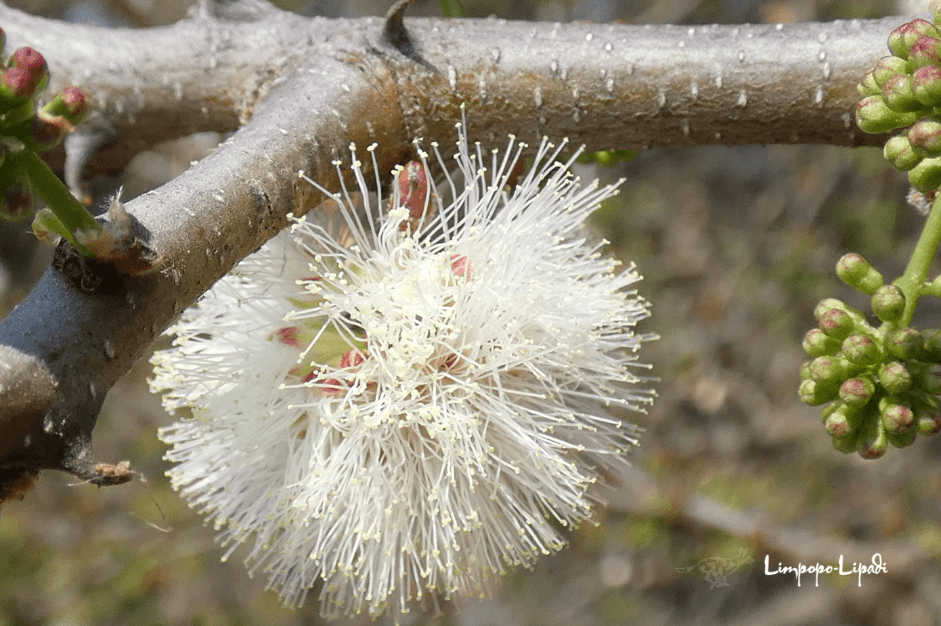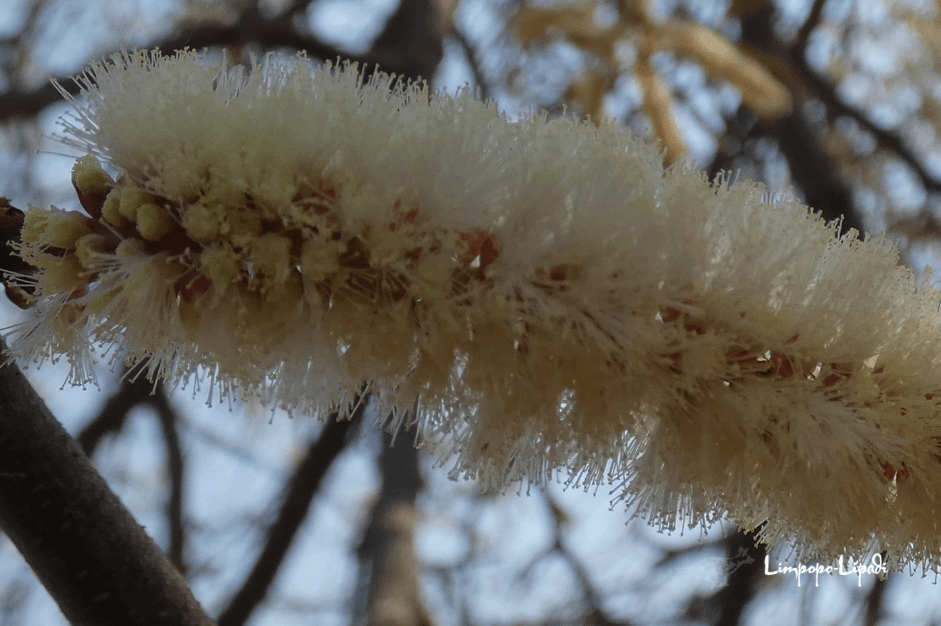In 1986, Australian botanist, taxonomist and geneticist, Leslie Pedley, made the suggestion that Acacias be divided into three groups, as it was generally felt that the genus, acacia—with 1 400 species—was too complicated.
According to him, the Acacia should only apply to Acacias with straight, paired thorns, and as the rule of taxonomy states that the earliest published name should have precedence. The first Acacia to be named was Acacia nilotica—the sharp thorn from the Nile—and it was named in 1753. Acacias with paired, hooked thorns were suggested to belong to the genus Senegalia, and Wattles from Australia to the genus Racosperma.

However, the Australian forestry industry was against this change, as they wanted Acacia to apply to Australian species only.
In 2005, two Australian botanists, Messrs. Maslim and Orchad suggested that the Australian Black Wattle, Acacia penninervis, should be the norm for the Acacia genus, and that African and South American thorn trees should get the genus names Vachellia and Senegalia. They argued that there are 1 000 species of Acacia in Australia, but only 400 species in Africa and South America, and that it is simpler to change the genus for 400 than for 1 000. Unfortunately, the numbers argument is flawed, as there are 2 billion people in Africa and South America and only 25 million people in Australia, which means more people must become accustomed to the new names.

This suggestion was nevertheless submitted to the International Botanical Congress, hosted in Vienna in 2005. The Spermatophyta Committee—an ensemble of 15 botanists (10 Europeans and Americans, 1 African, and 4 others) voted in favour of the Australian name change, 9 against 6. Due to protests demanding a 60% majority to allow a name change, nothing happened until the next congress in 2011, hosted in Melbourne, Australia, where 67% of delegates hailed from America, Europe, Australia, and New Zealand, and only 4% from Africa. Strangely, the chairman did a 180-degree turn-around—now a 60% majority was needed to reject the proposed name change. Only 54,9% of the delegates voted against the name change, so with 45,1% of the votes, the Australian names won.

It’s all a little bit ironic, considering the fact that the name, Acacia comes from the Greek word akis, which means “sharp point”. Australian Acacias have no thorns.
